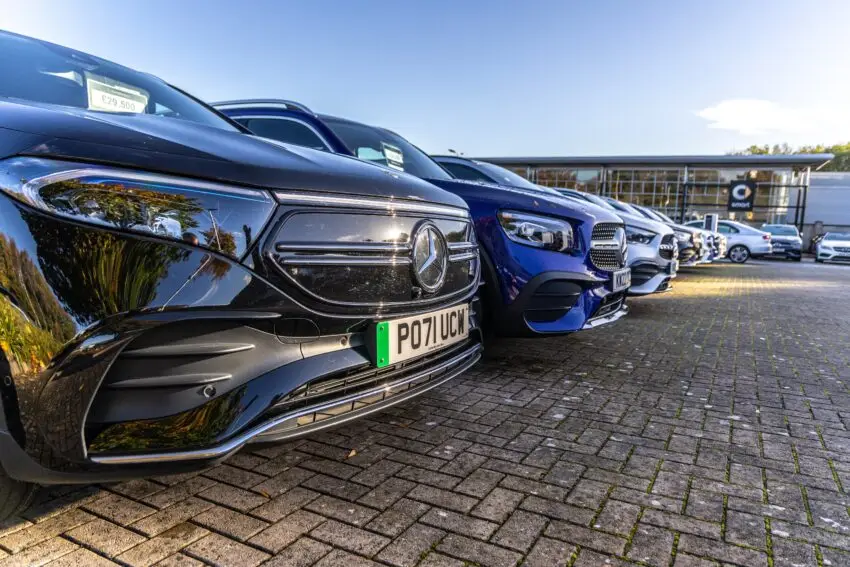The UK car market has reached its first million sales since the pandemic. This milestone is largely driven by the popularity of hybrid vehicles over fully electric cars.
Despite the massive growth, the shift towards fully electric vehicles (EVs) faces challenges. The data shows a changing landscape with significant implications for manufacturers and buyers alike.
Resurgence of Car Sales
In a striking recovery post-pandemic, the UK car market has finally crossed the one million sales mark. This resurgence includes a notable increase in the market share of electric vehicles, although hybrids are leading the charge.
In June alone, 179,263 new vehicles were registered, marking a modest 1% increase compared to the same month last year. Despite slower growth in June, the first half of 2024 saw a 6% rise in new car sales, totalling 1,006,763.
Hybrid Versus Fully Electric Vehicles
While the market for fully electric vehicles is expanding, hybrids and plug-in hybrids are seeing even greater success. Sales figures for hybrids have outpaced those of purely electric vehicles, capturing more consumer interest.
Battery electric vehicles only saw a 7.4% increase in sales this June, accounting for 19% of the market. Meanwhile, hybrid sales surged by 27%, taking up nearly 15% of the market, and plug-in hybrids experienced a 30% increase.
Changing Buyer Demographics
The demographics of car buyers in the UK are shifting. Historically, private purchasers have led the market. Now, they account for a historically low 38% of sales.
Fleet and business buyers, spurred by fiscal incentives and subsidies, are increasingly investing in lower-emission vehicles. This change is significantly influencing the types of cars being purchased.
Industry Leaders and Challenges
Both major and niche manufacturers are feeling the effects of this shift. Ford and Stellantis, parent company of Vauxhall, have reduced their petrol vehicle supplies, focusing more on electric options to meet new mandates.
Consequently, these companies have seen significant sales declines. Tesla, once the leader in the UK electric car market, reported a near 12% drop in sales. In contrast, Chinese brands like MG and BYD are experiencing growth, with MG capturing nearly 4.3% of the market.
Market Dynamics and Policy Influence
The transition towards lower-emission vehicles is evident despite challenges. Some major brands are adjusting their strategies, reducing petrol vehicle supplies to boost electric vehicle sales and avoid fines from new zero-emissions mandates.
Manufacturers are now required to ensure that 22% of each year’s deliveries are electric vehicles. These policies are reshaping the market, pushing brands to adapt quickly.
Future Outlook and Industry Sentiments
Mike Hawes, Chief Executive of the Society of Motor Manufacturers and Traders (SMMT), praised the recovery but warned of future challenges.
He emphasised the need for supportive policies to revitalise the shrinking private consumer market and accelerate the transition to zero-emission vehicles. All parties agree on the need to reduce carbon emissions and replace older fuel-based technologies with new electrified powertrains.
Conclusion and Key Insights
The UK car market is undergoing significant changes, marked by the rise in hybrid vehicles and the shift in buyer demographics.
While challenges remain, the momentum towards a greener future is clear. With supportive policies and market adaptations, the car industry is poised for a faster transition to zero-emission vehicles.
In summary, the UK car market has seen a remarkable recovery with hybrids leading the way over fully electric vehicles. The data reveals a complex landscape with shifting buyer demographics and changing market dynamics.
The path forward lies in supportive policies and continued innovation from manufacturers. The transition to greener alternatives is evident, setting a promising tone for the future of the automotive industry.

